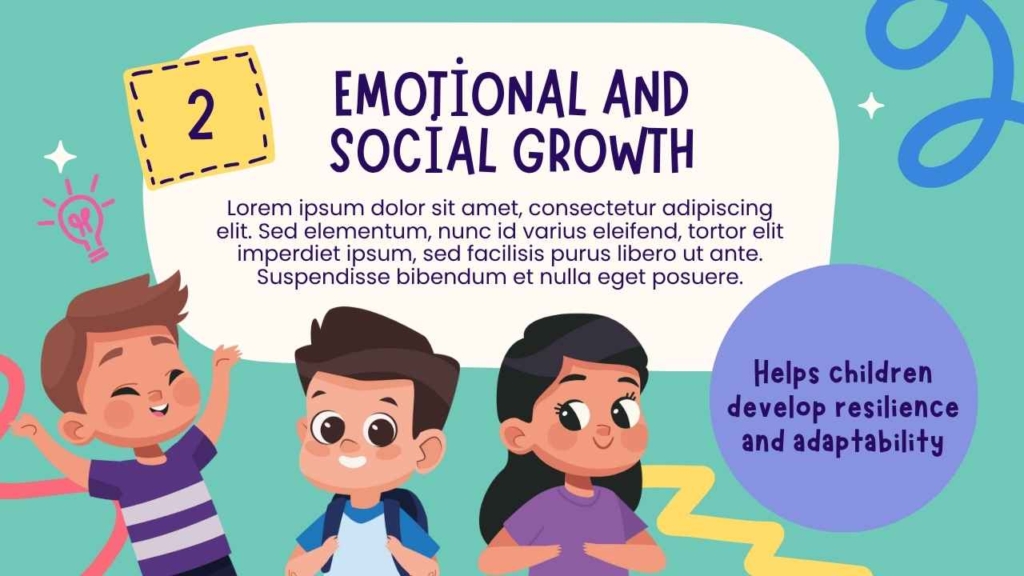In recent years, the question of whether university education should be free has sparked significant debate across various nations. As tuition prices continue to escalate, many advocates argue that higher education should be a basic right rather than a financial burden. This article delves into the arguments for and against free university education, exploring its implications for society, economy, and individual prospects.
What Are the Arguments for Free University Education?
Proponents of free university education often cite several compelling reasons:
- Accessibility: By eliminating tuition fees, more individuals can access higher education, particularly from low-income backgrounds.
- Economic Growth: A more educated workforce can lead to increased productivity and innovation, ultimately benefiting the economy.
- Reduction of Debt: With college tuition often resulting in crippling student debt, making education free can alleviate this financial strain.
- Social Equity: Equal access to education can help to bridge societal divides and reduce inequality.
Who Opposes Free University Education?
On the other hand, there are strong arguments from critics who maintain that making university education free is not a sustainable solution:
- Funding Issues: Critics argue that the cost to taxpayers would be immense and could divert funds from other essential public services.
- Value of Education: The belief is that tuition fees create an appreciation for the value of education, where students are more invested in their studies.
- Resource Allocation: Free education could lead to overcrowding in universities and a strain on resources, negatively impacting the quality of education.
- Quality Over Quantity: Concerns arise that focusing on access might overlook the importance of maintaining high educational standards.
Why Is This Debate Significant Now?
The relevance of this issue has been further amplified by the global pandemic, as many institutions re-evaluate their operational models and funding. Countries like Germany have successfully implemented tuition-free models, leading to increased enrollment rates. In contrast, countries such as the United States witness tuition fees that average over $30,000 per year, causing fear and apprehension regarding the future workforce.
| Compare: Tuition Fees Around the World |
|---|
| Germany: Free |
| United States: $30,000 Average |
| United Kingdom: $14,000 Average |
| Canada: $7,000 Average |
How Can This Issue Be Resolved?
Finding common ground in this debate may require innovative solutions. Possible strategies might include:
- Sliding Scale Tuition: A tuition model based on family income ensures that low-income students pay less or nothing, while others contribute to funding.
- Expanded Scholarships: Increasing the availability and amount of scholarships can assist in bridging the financial gap for needy students.
- Public-Private Partnerships: Collaborations between government and educational institutions can help share the burden of funding.
Conclusion: The Future of Education Amid Debates
In conclusion, the question of whether to make university education free is fraught with complexities and requires a nuanced understanding of its implications. While arguments highlight the importance of accessibility and reducing student debt, opposition raises valid concerns regarding funding and quality. As this debate continues, it may lead to innovative solutions that ensure everyone can achieve educational success without financial burden.














